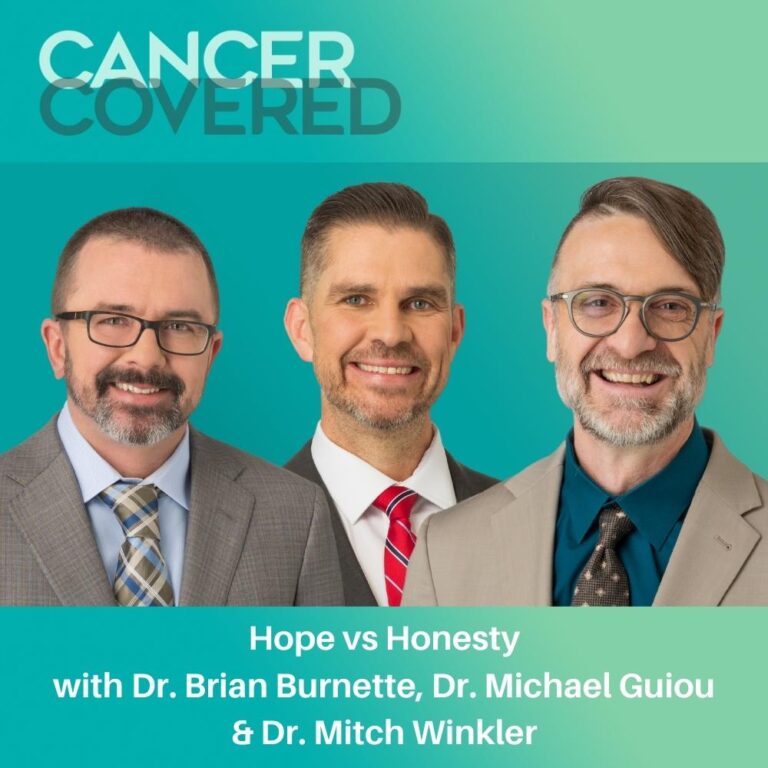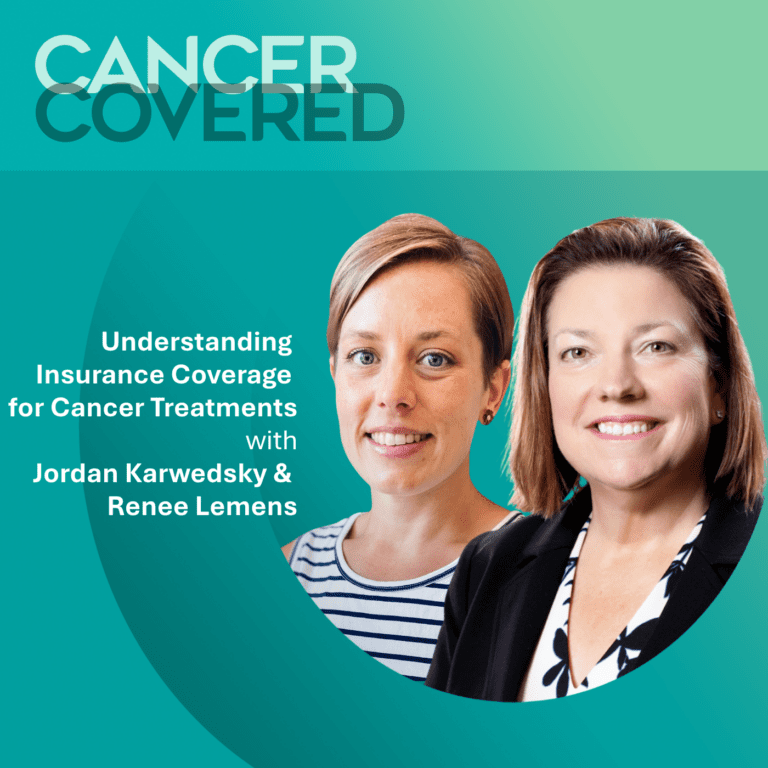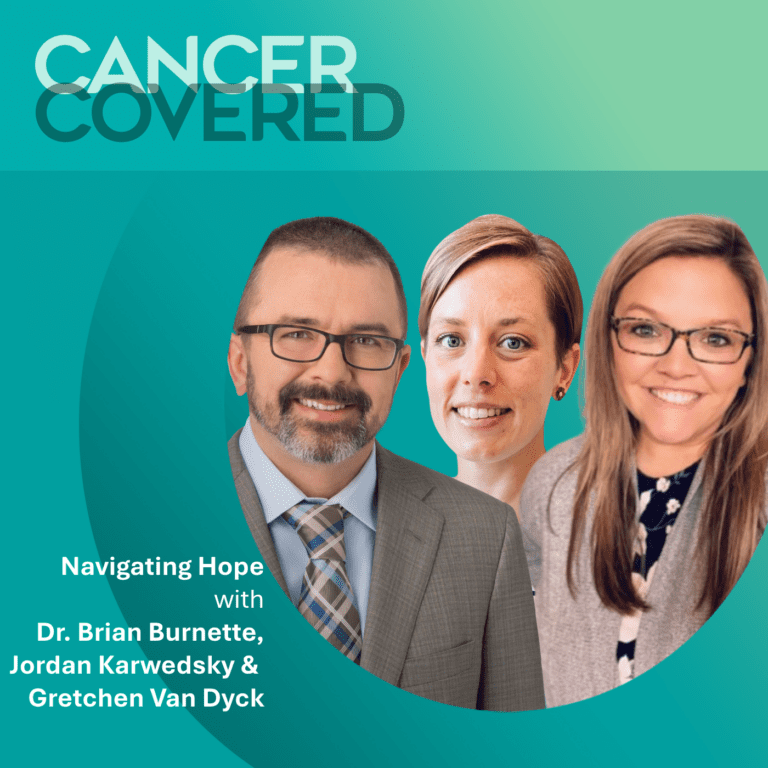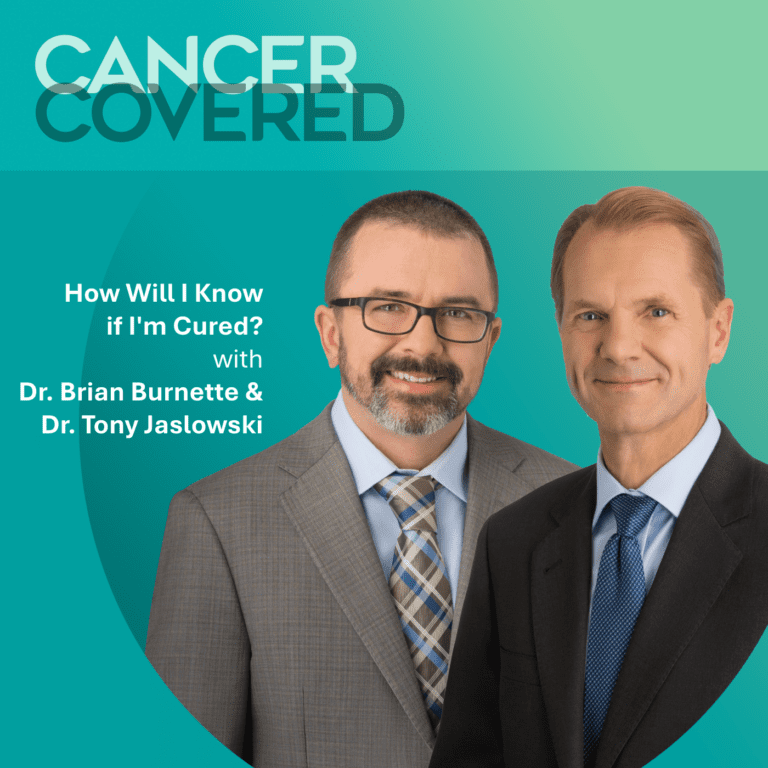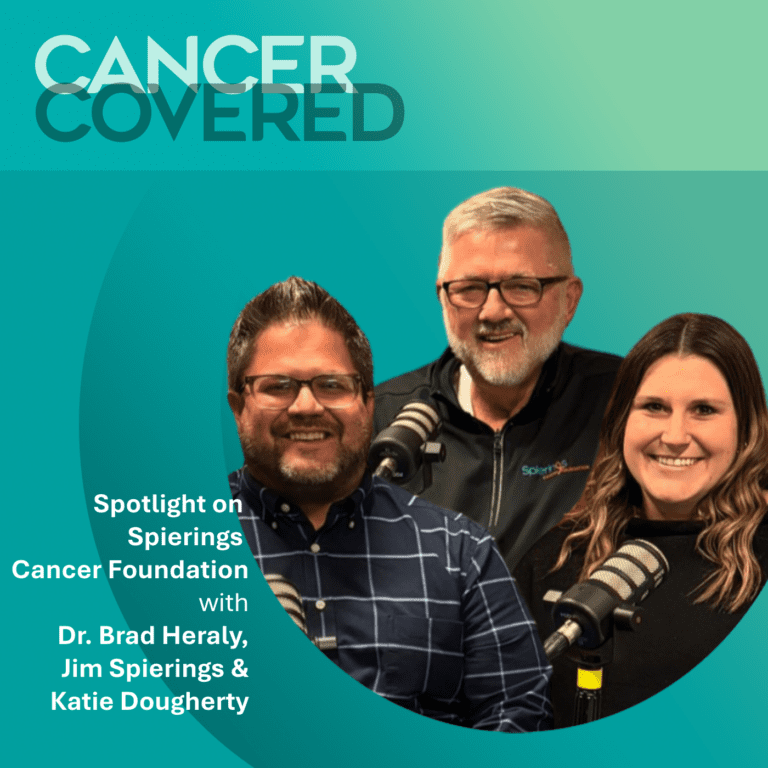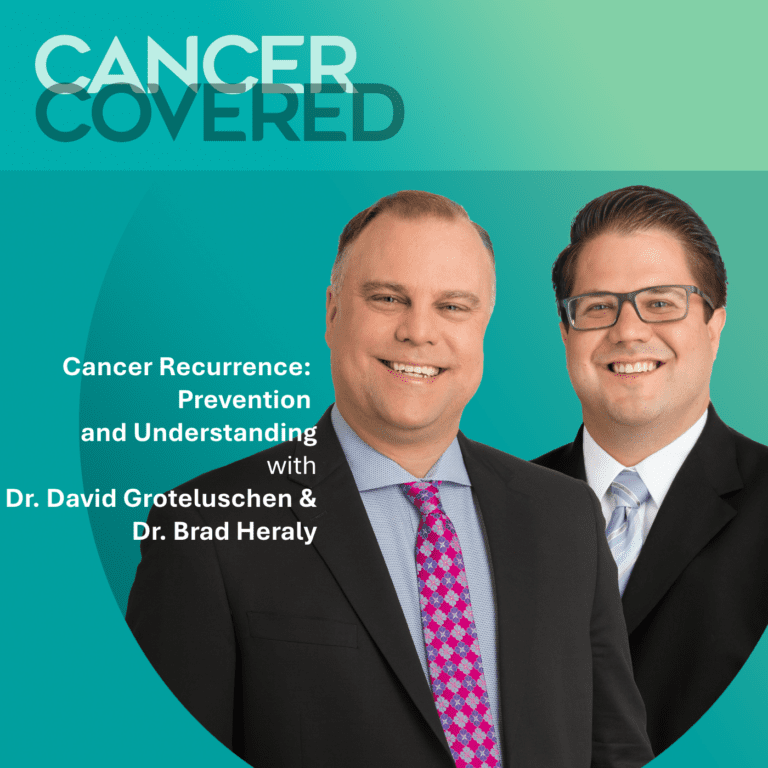Podcast: Play in new window | Download
In this episode, I had the pleasure of speaking with Dr. Brian Burnette and Dr. Michael Guiou about the importance of having transparent and honest discussions with cancer patients about their prognosis and treatment options. We discussed how many doctors struggle to answer the question of how long a patient with Stage IV cancer will live and the negative impact this can have on patients.
Dr. Burnette emphasized the need to set realistic expectations and prepare for the worst while maintaining hope. He explained that about a third of patients will not respond well to treatment and may have a short life expectancy, while another third will respond well and have long periods of disease control.
Dr. Guiou added that it is crucial to be honest with patients and not give false hope, as this can lead to unnecessary treatments and emotional harm. We also discussed the importance of ongoing patient conversations about their prognosis and treatment options and the need to respect each patient’s hopes and goals. Overall, the episode highlighted the importance of trust, honesty, and open communication in providing the best care for cancer patients.
Dr. Brian Burnett: A native of Upper Michigan, Dr. Burnette completed his internship, residency, and fellowship at the Mayo Clinic after graduating at the top of his class from Michigan State. Most recently, he served as Instructor of Medicine at Mayo. He is well-published and lectures internationally on cancer-related topics. Dr. Burnette treats all cancer types and is excited to serve the people of Green Bay and the surrounding areas.
Dr. Michael Guiou was born in Sacramento, California; with his father’s career in the Air Force, he grew up across several states. He attended the University of California Davis School of Medicine in Sacramento and completed a residency at The Ohio State University in Columbus, Ohio. Dr. Guiou loves the kind and caring culture of the Midwest, a trait he found was often lacking in bigger cities where he lived. Dr. Guiou has always wanted to help people and considers it a privilege to care for the patients under his care.
“If somebody looks like they’re heading out of this world, and they have an opportunity to spend one last time with the people that mean the most to them,
and they weren’t aware that time was short, boy, you just cost them a lot.”~Dr. Brian Burnette
This week on Cancer Covered:
- Uncertainty in Prognosis: Doctors often cannot accurately predict how long a patient with stage 4 incurable disease will live. Admitting uncertainty and discussing the range of possible outcomes is more helpful than providing an average survival statistic.
- Individualized Outcomes: Patients with the same diagnosis can have vastly different experiences. About a third may not respond well to treatment, a third may have an average response, and a third may respond exceptionally well, living many years longer than expected.
- Importance of Honest Communication: Clear and honest discussions about prognosis are crucial. Physicians should avoid giving false hope and help patients understand their situation realistically to make informed decisions.
- Impact of Misinformation: Providing unrealistic expectations can lead to patients missing out on important life events, spending unnecessary resources, and experiencing additional emotional and physical distress.
- Evolving Conversations: Discussions about prognosis and end-of-life care should be ongoing and evolve as the patient’s condition changes. This helps build trust and prepares patients for potential outcomes.
- Changing Perceptions of Hope: Hope should not be limited to the prospect of a cure. It can take many forms, such as the hope for quality of life, not being a burden, or having a peaceful death.
- Patient Autonomy: Modern medical practice emphasizes the role of the physician as an educator and guide rather than a paternalistic decision-maker. Patients should be empowered to make their own informed choices about their care.
- Hope and Expectation: It’s natural for patients and doctors to hope for the best outcomes, even when they may not align with the most likely expectations. Hope can coexist with a realistic understanding of a patient’s prognosis.
Join Our Free Monthly Support Group
No one should carry the burden of cancer alone. A cancer diagnosis can make you and your loved ones feel isolated and alone – just when you need support the most.
Our social workers at Green Bay Oncology know that meaningful connection brings strength and healing. Sharing the experience in a safe space with others on a similar path is often powerful and therapeutic. That’s why we offer a free monthly virtual and in-person cancer support group facilitated for you and your loved ones.
Wherever you are on your cancer journey – you are always welcome.
To join us, visit: https://gboncology.com/events/
We’ve Got Cancer…Covered.
Thanks for tuning into this week’s Cancer Covered with Green Bay Oncology episode. If you enjoyed this episode, please subscribe and leave a review wherever you get your podcasts.
Apple Podcasts | GooglePlay |Deezer | Spotify | iHeart
Please share your favorite episodes on social media to help us reach more oncology professionals, cancer patients, and their families.
Join us on Facebook, Twitter, Instagram, and LinkedIn. For more exclusive content and information, visit our website.

